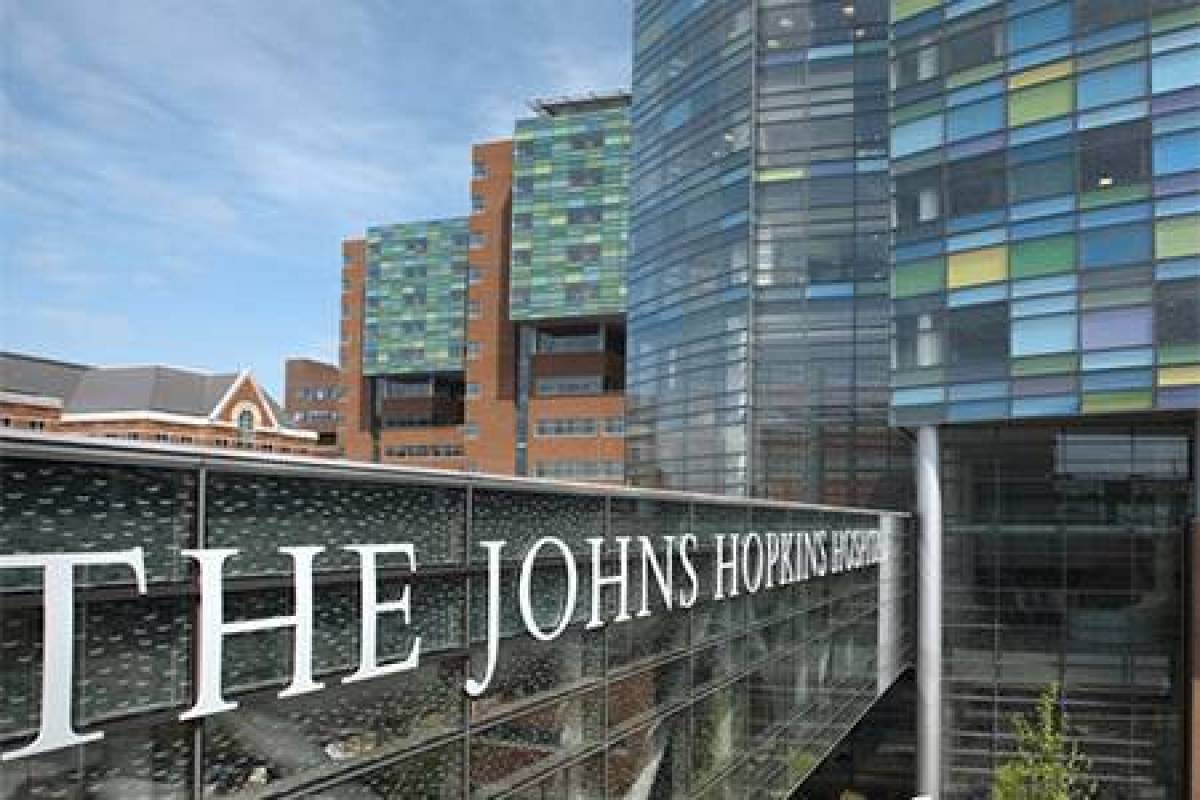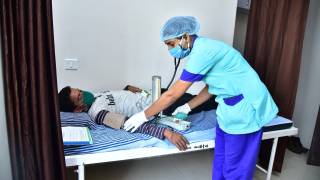Antibody Durability and Prevalence Confirmed Among Unvaccinated Adults

The JAMA Network published a study by Johns Hopkins University School of Medicine researchers on February 3, 2022, that characterized natural immunity and long-term durability among COVID-19 unvaccinated adults.
As of December 28, 2021, approximately 27% of the U.S. population was unvaccinated against SARS-CoV-2, yet the prevalence of natural immunity remained unknown.
Even among individuals who develop antibodies, the durability of the immunity response beyond six months was unknown.
This peer-reviewed, cross-sectional study conducted between September and November 2021 found antibodies were detected in 99% of individuals who reported a positive COVID-19 test result; and in 55% who believed they had COVID-19 but were never tested; and in 11% who thought they had never had COVID-19 infection.
Furthermore, anti-RBD levels were observed after a positive COVID-19 test result, up to 20 months.
This finding contrasts with previously reported 6-month durability data.
And among 295 reported COVID-confirmed participants, 293 (99%) tested positive for anti-RBD antibodies (≥250 U/mL, 44%; ≥500 U/mL, 27%; ≥1000 U/mL, 15%).
A median of 8.7 (IQR, 1.9-12.9; range, 0-20) months passed since the reported COVID-19 diagnosis.
The median anti-RBD level among those tested positive was 205 (IQR, 61-535) U/mL.
Furthermore, there was no evidence of an association between time after infection and antibody titer (0.8% increase [95% CI, –2.4% to 4.2%] per month, P = .62).
In addition, among 275 reported COVID-unconfirmed participants, 152 (55%) tested positive for anti-RBD antibodies (≥250 U/mL, 18%; ≥500 U/mL, 12%; ≥1000 U/mL, 6%). The median level among those who tested positive was 131 (IQR, 35-402) U/mL.
Among 246 reported no-COVID participants, 11% tested positive for anti-RBD antibodies (≥250 U/mL, 2%; ≥500 U/mL, 2%; ≥1000 U/mL, 2%). The median level among those who tested positive was 82 (IQR, 19-172) U/mL.
Charitable donations from the Ben-Dov family supported this work. In addition, the Baltimore, MD, based researchers disclosed various industry relationships.
This study's corresponding Author: Dorry Segev, MD, Ph.D., Department of Surgery, Epidemiology Research Group in Organ Transplantation, Johns Hopkins Medical Institutions: [email protected].
Our Trust Standards: Medical Advisory Committee























